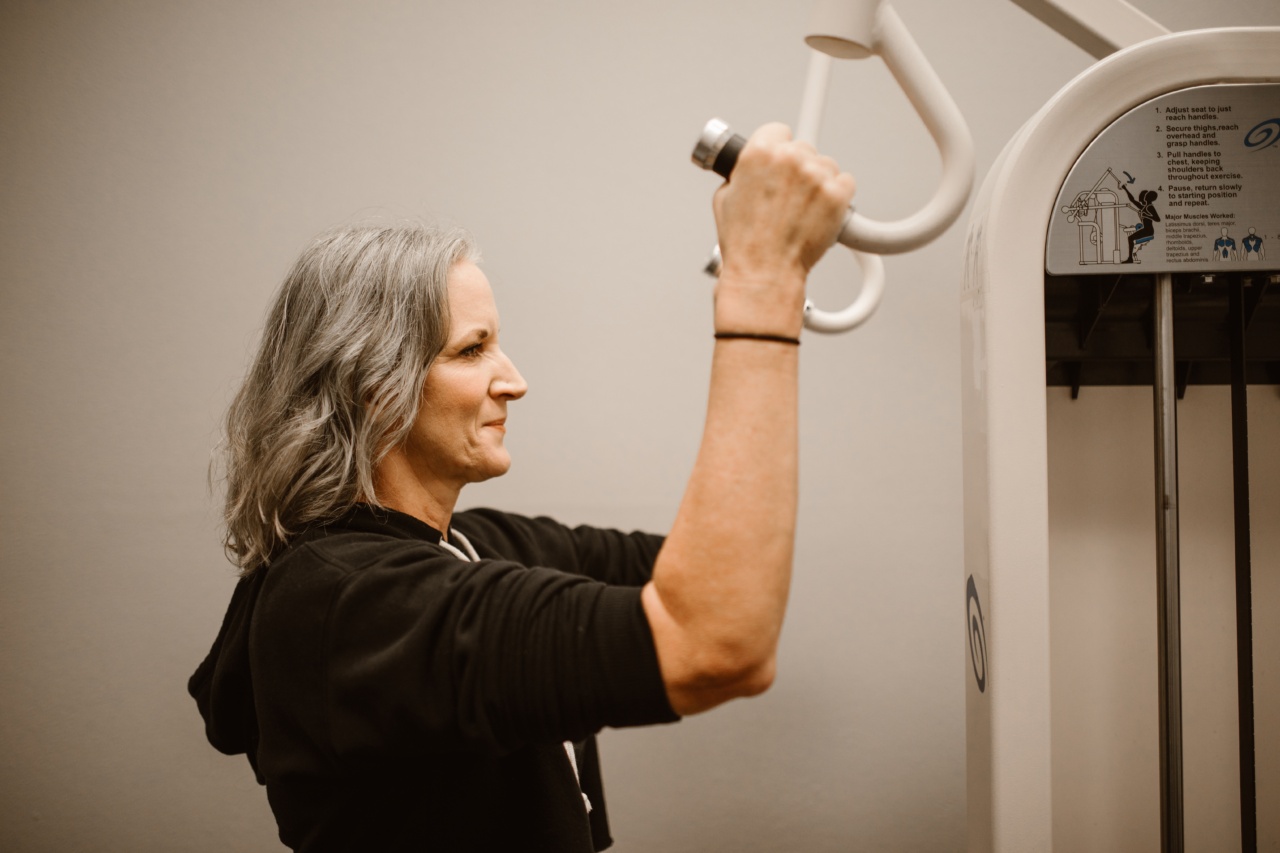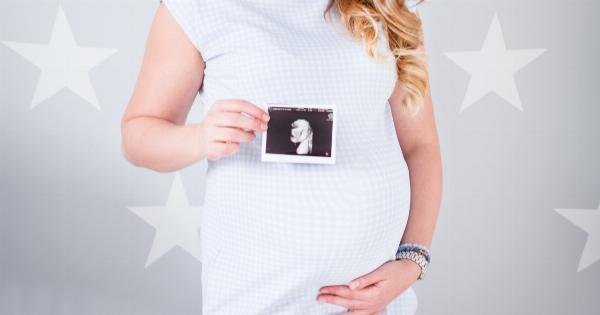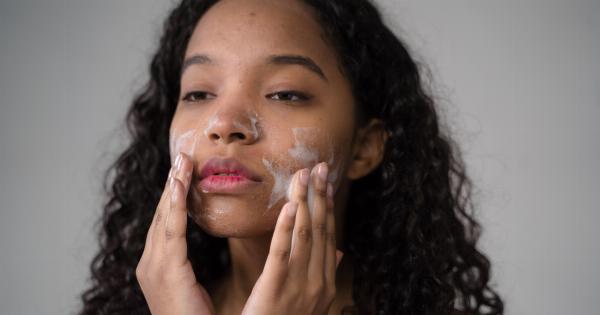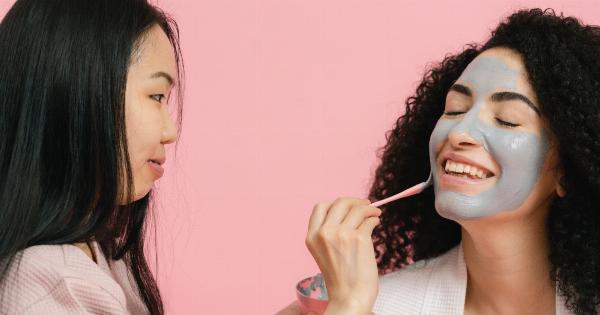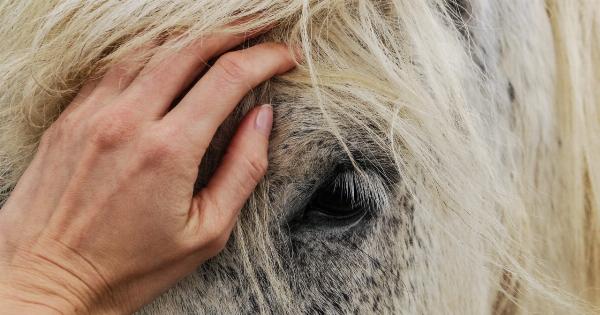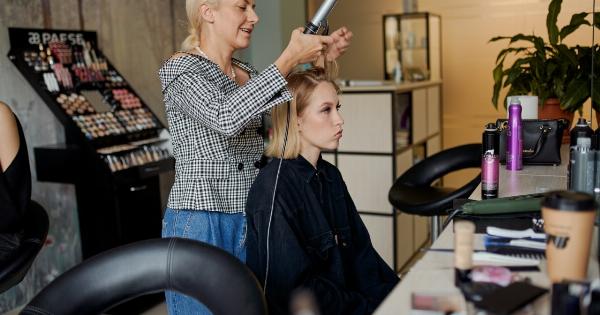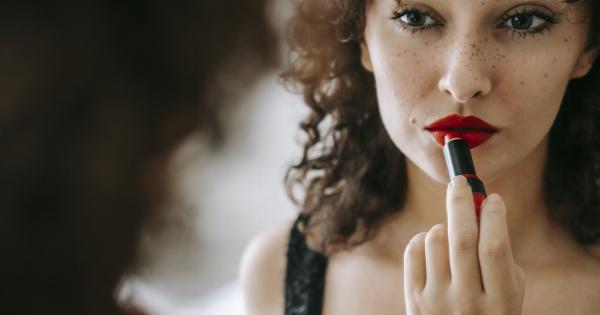Pregnancy is a beautiful phase of life, filled with anticipation and joy. As your body goes through numerous changes, it’s not just your belly that grows; your hair also experiences its fair share of transformations.
The Role of Hormones
During pregnancy, your body undergoes significant hormonal fluctuations to support the growth and development of your baby. These hormonal changes can have a profound impact on your hair. Let’s explore how pregnancy hormones affect your locks.
1. Estrogen Surges
One of the primary hormones responsible for hair changes during pregnancy is estrogen. Estrogen levels skyrocket, promoting the prolonged growth phase of your hair. This results in less shedding and fuller, thicker-looking locks.
Many pregnant women experience luscious, voluminous hair during this time.
2. Reduced Hair Shedding
Normally, around 10% of your hair is in the resting phase, leading to regular shedding. However, during pregnancy, increased estrogen levels extend the growth phase, leading to minimal hair loss.
This reduction in hair shedding can make your hair appear thicker and more abundant. Enjoy the lustrous mane while it lasts!.
3. Delayed Hair Growth Cycle
Pregnancy hormones affect the normal hair growth cycle by prolonging the anagen (growth) phase. As a result, your hair may grow faster and longer than usual. This can be a delightful change for those longing for Rapunzel-like tresses.
4. Thicker Hair Texture
The surge in hormones during pregnancy also affects the hair shaft’s diameter, making it thicker. This change in hair texture may make your hair feel coarser and more voluminous.
Embrace the added thickness and experiment with different hairstyles to make the most of your new hair.
5. Changes in Oil Production
Pregnancy hormones can also influence your scalp’s oil production. Some women may notice their hair becoming greasier during pregnancy, requiring more frequent washes. On the other hand, others may experience drier scalp and hair.
Adjust your hair care routine accordingly to keep your locks healthy and balanced.
6. Postpartum Shedding
While pregnancy hormones can bring temporary benefits to your hair, it’s essential to be prepared for postpartum shedding. After giving birth, your hormone levels plummet, causing the resting hairs to shed simultaneously.
This shedding can be alarming, but it’s a normal part of the hair growth cycle. Most women return to their pre-pregnancy hair density within a year.
7. Coping with Postpartum Hair Loss
Dealing with postpartum shedding can be challenging, especially when combined with the demands of caring for a newborn. To navigate this phase more smoothly, consider the following tips:.
– Be gentle while brushing and styling your hair to avoid unnecessary breakage.
– Incorporate foods rich in vitamins and minerals, such as leafy greens and fruits, into your diet to support hair health.
– Consult a healthcare professional if you notice excessive hair loss or if you’re concerned about your hair’s condition.
– Practice self-care and manage stress, as stress levels can further contribute to hair loss.
– Remember that postpartum shedding is temporary, and your hair will gradually return to its usual state in due time.
8. Styling Tips for Pregnant Women
While embracing the natural changes in your hair is wonderful, it doesn’t mean you can’t have fun styling it. Here are some hairstyle ideas to help you rock your pregnancy hair:.
– Experiment with updos: Try various bun styles or opt for an elegant ponytail to keep your hair off your face and neck during pregnancy, especially when you might feel more prone to heat and perspiration.
– Embrace natural waves: Enhance your natural texture by scrunching your hair and letting it air dry for effortless, beachy waves. This low-maintenance style is perfect for busy expectant mothers.
– Accessorize: Add a pop of color or sparkle to your hair by incorporating cute hair accessories like headbands, hair clips, or hair wraps.
They can instantly elevate your look and add a touch of glamour.
– Try braided hairstyles: Braids not only look chic but also keep your hair tamed and protected.
Experiment with different types of braids like French braids, fishtail braids, or braided updos to keep your locks secure throughout the day.
– Opt for a pixie cut: If you’re feeling adventurous and looking for a drastic change, why not try a short pixie cut? It’s convenient, low-maintenance, and keeps you cool during those warm pregnancy months.
9. Hair Care Tips During Pregnancy
To maintain healthy hair throughout your pregnancy, consider the following tips:.
– Use gentle hair care products: Look for sulfate-free shampoos and conditioners that are suitable for your hair type.
Avoid hair products containing harsh chemicals that may strip your hair of its natural oils.
– Protect your hair from heat: Minimize heat styling tools like flat irons and curling irons, as the excessive heat can cause damage and breakage.
If you must use them, apply a heat protectant spray beforehand.
– Deep condition regularly: Treat your locks to nourishing deep conditioning treatments once a week to keep them hydrated and strong.
– Stay hydrated: Drinking an adequate amount of water not only benefits your overall health but also helps keep your hair hydrated and vibrant.
– Eat a balanced diet: Incorporate protein-rich foods, omega-3 fatty acids, and vitamins A, C, and E into your meals. These nutrients promote healthy hair growth and maintain scalp health.
– Protect your hair from the sun: When spending time outdoors, shield your hair from the sun’s damaging rays by wearing a hat or using a scarf to cover your head.
10. Seeking Professional Advice
If you have concerns about your hair during pregnancy or postpartum, consult a qualified healthcare professional or a dermatologist. They can offer personalized advice and recommend appropriate solutions based on your specific needs.
